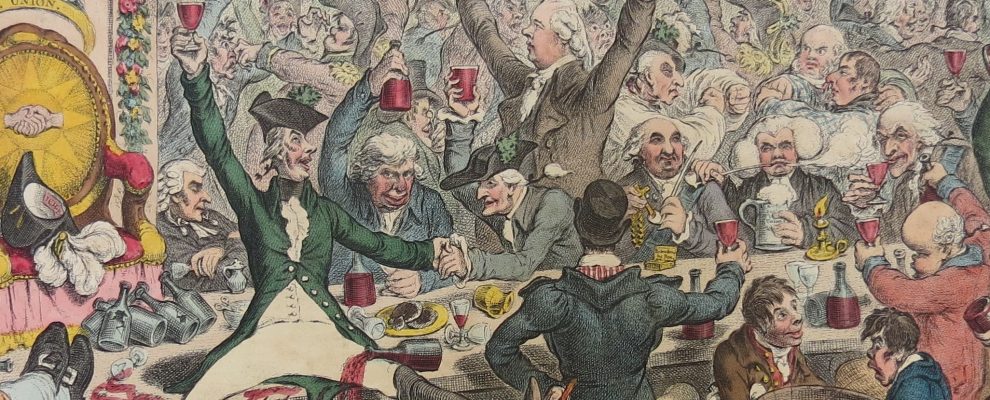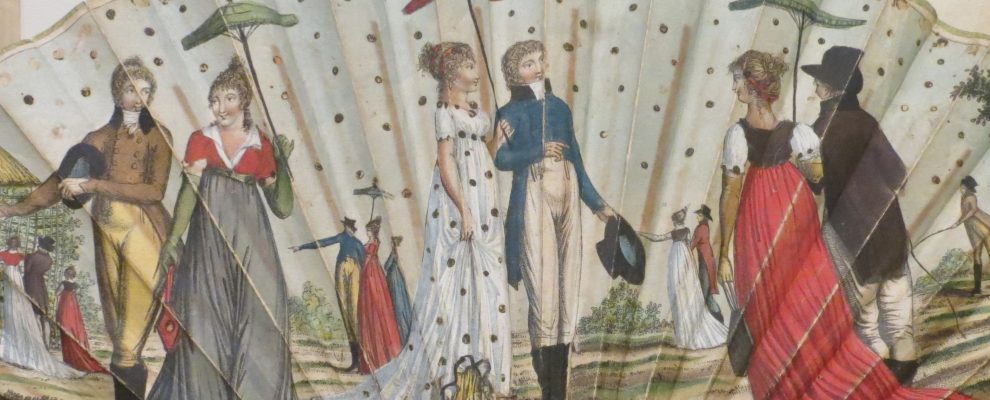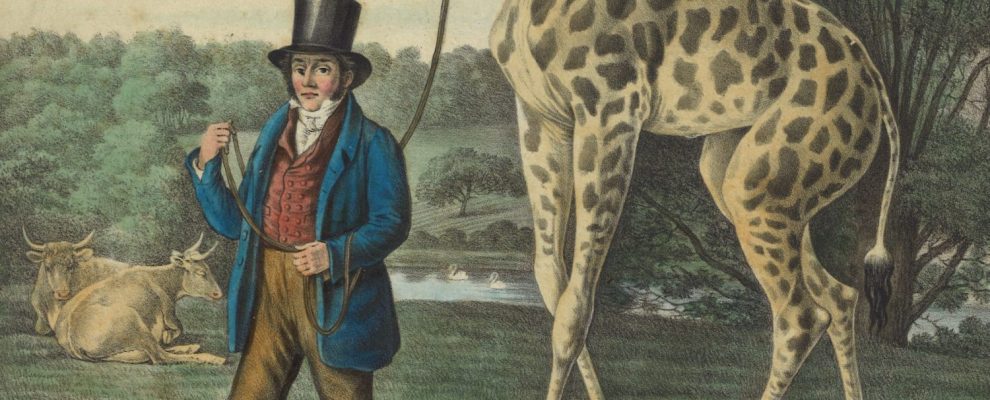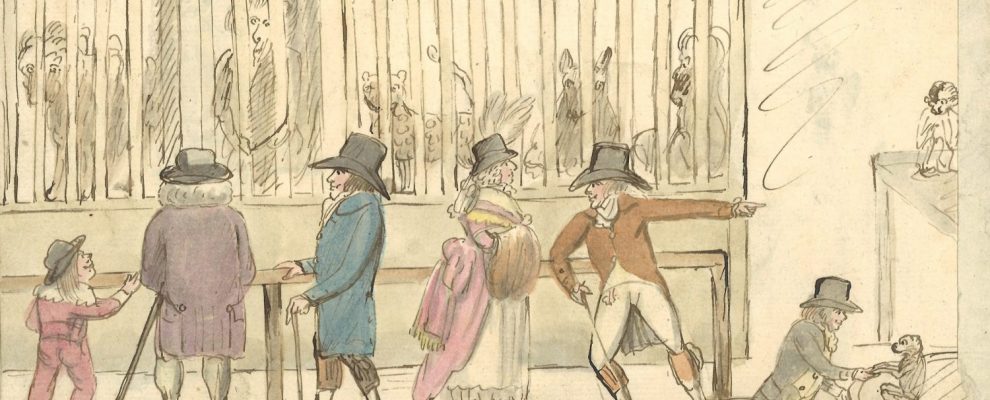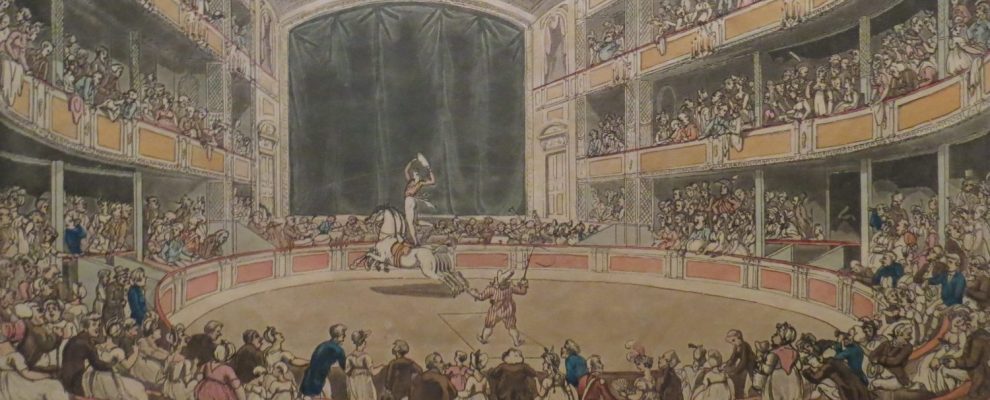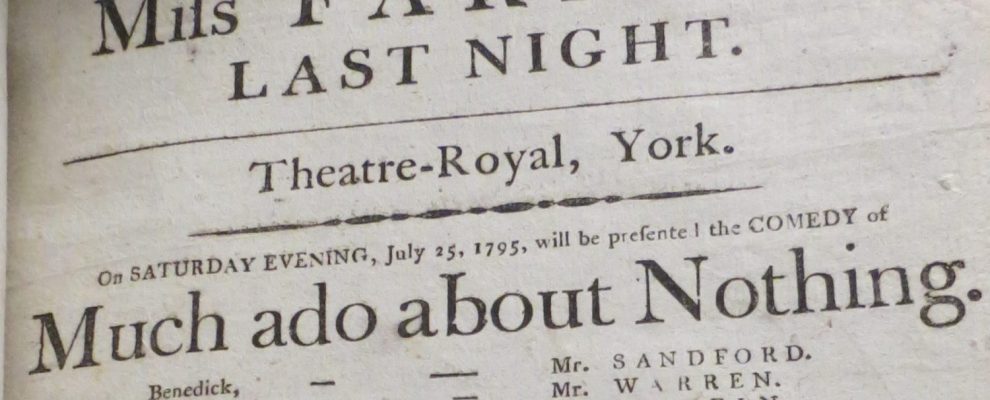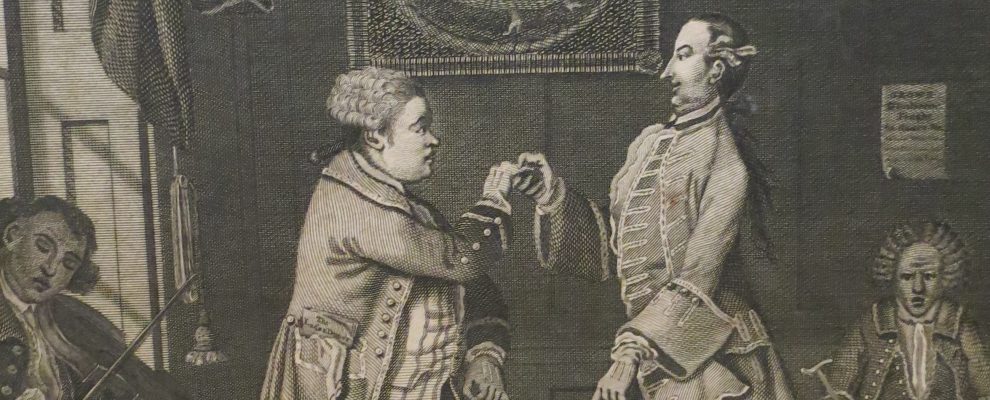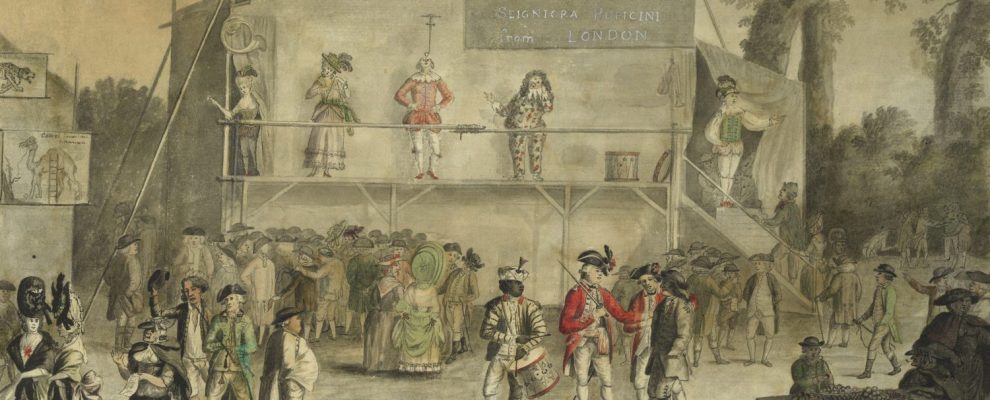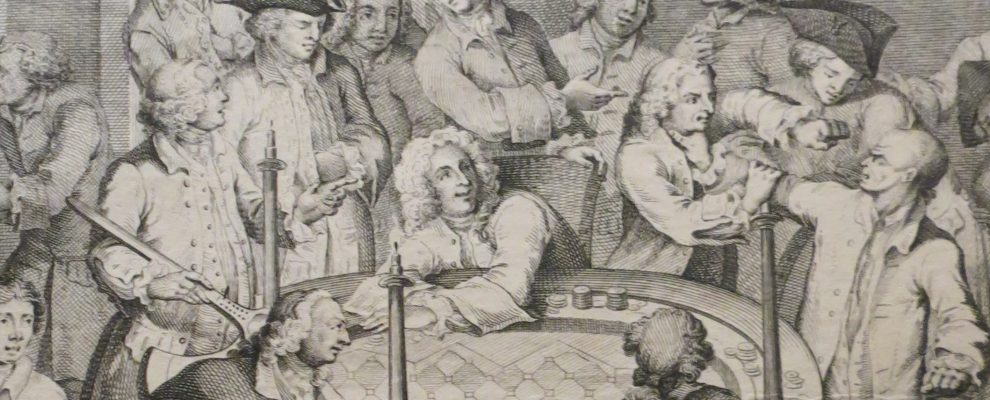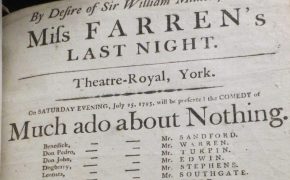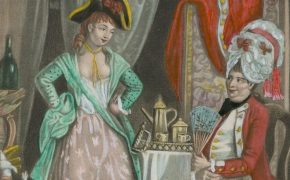2016 Georgian Studies Symposium
Polite & impolite pleasures: entertaining the Georgian city
Friday 21 October 2016 at the York Hilton Hotel and Fairfax House
The Georgian era saw a huge increase in the range and variety of entertainments available to an expanding and urbanising population. In the towns and cities of Georgian Britain, urban life offered a dazzling and constantly changing kaleidoscope of pleasures that could be enjoyed for a price. The lowest and the highest forms of entertainment were catered for along with everything in between, from the cultivated recreations of the nobility through the gentility of middle-class leisure to the earthier enjoyments of the ‘common folk’.
New cultures of entertainment reflected changing patterns of work, mobility and social relations, and reflected developments in class, gender and the dynamics of personal and collective identity. The urban environment itself was affected by these changing cultures of entertainment. From London to provincial centres, industrial cities to market towns, new promenades, parks, streets and squares were developed, new theatres, assembly rooms and concert halls were built and embellished. And paralleling this brightly-lit and orderly world of polite pleasure was another, darker urban realm of more dubious diversions: prostitution and prize fights, the gambling stew and the drinking den.
From theatrical performances and musical recitals, assemblies and dances, to race meetings, boxing matches, cock fights and hangings, the fourth Fairfax House Symposium in Georgian Studies explores the theme of Georgian entertainment and the ‘polite and impolite pleasures’ of the long eighteenth century (c.1680-c.1830).
Keynote speakers
IVAN DAY (British and European culinary historian, scholar, broadcaster and writer)
Crocants, Collops & Codsounds: fashions in dining and food in Georgian provincial towns and cities
PROF. MURRAY PITTOCK (Bradley Professor of English Literature, University of Glasgow)
‘Music, Theatre, innovation and resistance: Edinburgh in the first age of Enlightenment’.

